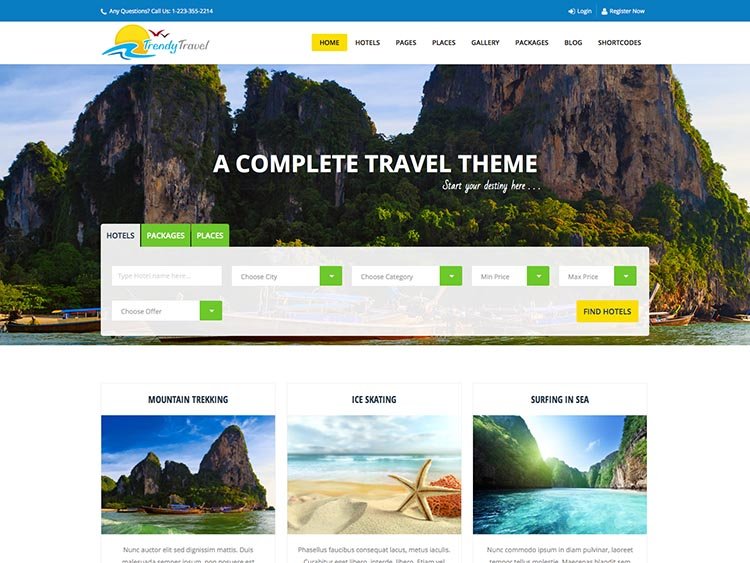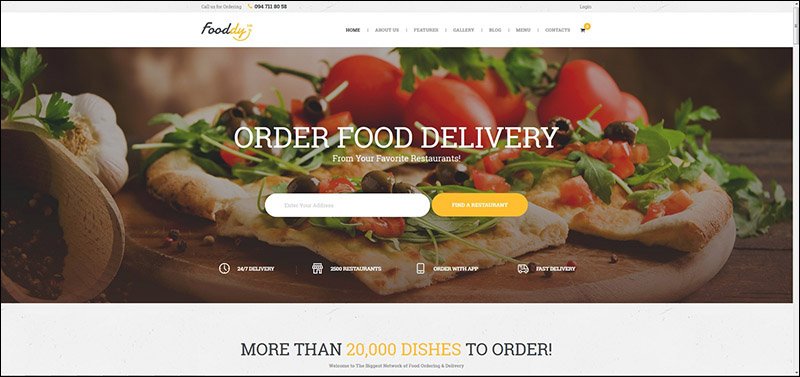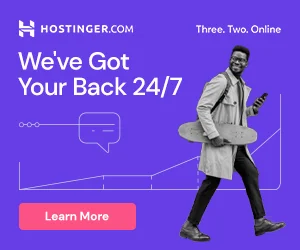[dropcap]T[/dropcap]here are three predominant business models used by the Online Travel Agencies (OTAs), the advertising, the agency and the merchant business model. Each of the three companies has their predominant revenue stream in one of those:
- Advertising business model: TripAdvisor
- Agency business model: Booking.com
- Merchant business model: Expedia
Great things in business are never done by one person. They’re done by a team of people.
[tie_full_img]
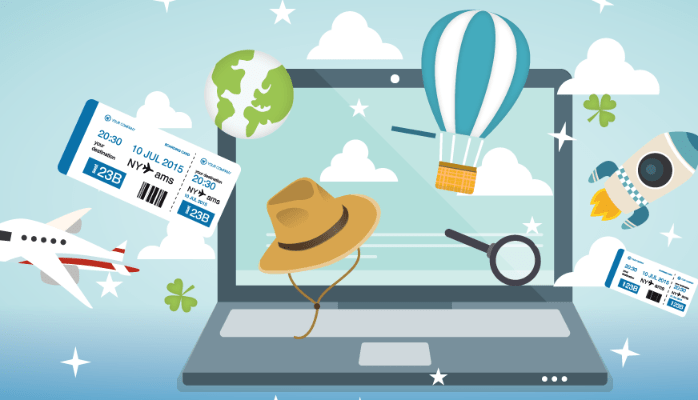
[/tie_full_img]
[padding left=”5%” right=”5%”]
The great news is that these business models can well be used by other, non-travel industry platform businesses. Broadly speaking, all three businesses are demand aggregation platforms. These type of businesses have excellent prospects in highly fragmented industries. And more broadly yet, we can apply these business models to comparison / meta search / demand aggregation sites businesses in general.
The most common reason people use TripAdvisor is for decision making and planning of their vacation
The most common reason people use TripAdvisor is for decision making and planning of their vacation. An important part of this includes finding the right hotel which is generally the most expensive item of a vacation.
(1) Click-Based advertising
- Travellers first use TripAdvisor prior booking their trip. TripAdvisor will display hotels that deem most suited to the user’s query in an overview list.
- It gets more interesting after the user clicks to one of the hotel pages to research it in more detail, by reading what other travellers wrote about this hotel.
- TripAdvisor will display clickable buttons that lead to a booking page for that hotel through the advertiser. These are cost-per-click (CPC) advertisements. The advertiser will pay only if the user clicks on the link which will lead them to the advertiser’s page away from TripAdvisor.
[/padding]
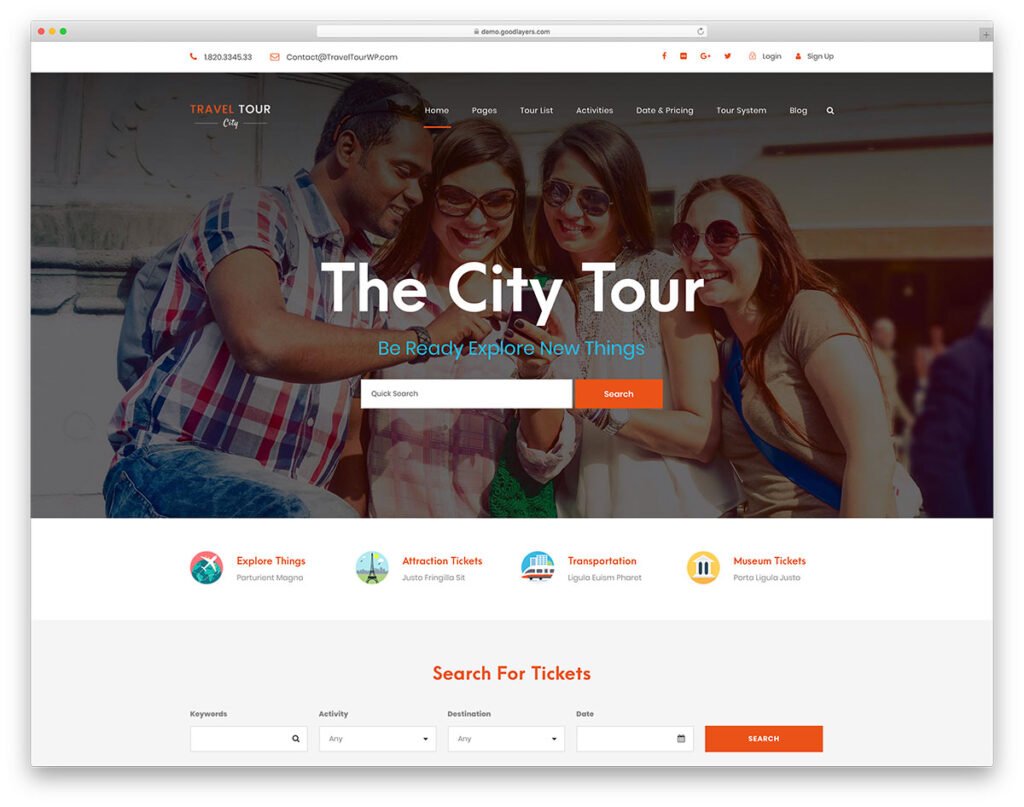
Business model Booking.com / Priceline
Booking.com is wholly owned by the Priceline Group. They are a different kettle of fish with a market cap is around $99b (as at early August 2017) and annual revenues of ~$11b, some 10x larger than Tripadvisor.
The majority of Priceline’s revenues come from Booking.com using the agency business model:
- Agency business model: $7.98b/$10.7b = 74%
- Merchant business model: $2b/$10.7b = 19%
- Advertising and other revenues = 6.6%.
The agency business model
(1) Revenue model
- The agency model uses the same revenue model as the good old brick-and-mortar travel agency: commissions.
- Booking.com has contracts with the hotels that it lists and will take a commission on each booking through its site between 10%-30%. The commission depends on the size of the hotel and how well it wants to rank on the Bookings.com pages.
- Booking.com will display hotels taking into account the best interest of:
- the user,
- the hotels it has contracts with and
- itself.
- This is a key difference between Booking.com and TripAdvisor. In Booking.com hotels pay for ranking higher with a higher commission. As mentioned above, these are much higher costs than CPC-ads. The difference to CPC ads is that the hotels pay only for successful bookings not for driving traffic to their page.
- Joining the preferred program is an additional way to get more traffic again paid for with higher commissions.
- Offering hotel rooms on a commission basis has the benefit of not owning the inventory (hotel rooms) and thus not having cash tied as well as not carrying the unsold inventory risk.
[padding left=”5%” right=”5%”]
Business model Expedia
The last business model we are going to look at is the merchant business model. Expedia makes the majority of its revenues through this model.
Expedia’s revenue (2015 full year results, page 59) by business model:
- Merchant: $4.2b / $6.7b = 63%
- Agency: $1.9b / $6.7b = 28%
- Advertising: $0.57b / $6.7b = 8%
Merchant business model
- In this business model, the platform buys hotel rooms and then resells them to travellers. The merchant gets the rooms cheaper by buying the rooms very early as well as in bulk. Often, the merchant bundles them with airfares, rental cars and/or other things.
- Here is an example from Investopedia: “Expedia wants to offer seven-night, all-inclusive vacations for two in Jamaica. The travel company contacts a hotel in Jamaica and asks to buy a block of 100 rooms at $50 a piece instead of their Best Available Rate (BAR) of $90. Expedia then contacts airlines and makes 200 seat reservations to Jamaica for $600 (with little or no discount). The package is offered to guests at a cost of $1,700 for two people. People booking on Expedia are happy; they have saved $130 off the list price just by booking with Expedia! Expedia shareholders are happy because they have only paid $1,550 for a package that they have sold to 100 couples for $1,700. Everyone wins.” (in reality, not everyone won – there was lots of industry pushback on Expedia. Moreover, once in a dominant position, Expedia managed to include a return clause into many contracts that allowed them unsold rooms to be returned to the hotel 24-hours prior the due date).
- Cash flow timings are different to the agency model. In the merchant model, the business has to fork out the cash upfront. Nominally, they sit on the risk of not being able to sell all their inventory. However, with their increasing power Expedia have managed to negotiate that they can hand back the room to the hotel 24 hours prior if they can not sell it. This has tilted the deal much in favour of Expedia (but whether or not this clause applies on all room/hotels, I doubt).
- When it started, this model was cash flow advantageous. The OTA collected the payment from the customer at the time of the booking which may be well in advance of the actual travel. More recently, travellers can pay after their stay.
- The merchant model also allows individual hotel bookings. But the package deals are more attractive to those who don’t want to research flights, accommodation and other things separately. On Expedia, you are more likely to buy an entire vacation rather than individual pieces.
- Initially, the merchant business model was considered superior but over the years Booking.com owner Priceline demonstrated faster growth.
- Like Booking.com, Expedia invests heavily into their technology, e.g. $686m in 2014 alone.
- Marketing expenses are comparable to Priceline at $2.8b in 2015.
In a strict definition, I would argue that the business model is not a platform business model as the business buys the inventory. But it is an important one in this industry so I did want you to be aware of this business model.
